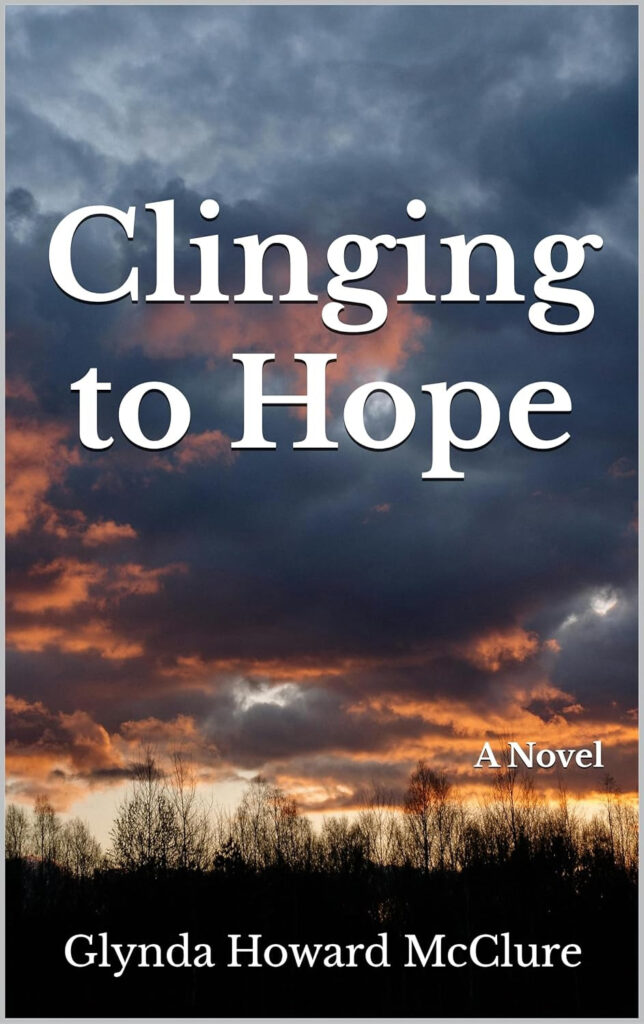
A character-driven drama from the dawn of the 20th century, Clinging to Hope by Glynda Howard McClure is a meticulously crafted novel of loss, loyalty, and rugged survival against impossible odds.
When the sweltering East Texas summer is shattered by the horrific Galveston Hurricane of 1900, Willie Ann and her husband Gilbert are ill prepared for the deluge of disasters that lay ahead for their family. With their farm destroyed, the Wards are literally torn asunder, forced to rely on the kindness of community as they stubbornly rebuild. However, the loss of a home is just the first calamity for their clan, and as the years pass, this indomitable family is pushed through a slow crucible of suffering, yet they never crumble under the pressure.
The prose shines a rare light on the devastation of natural disasters from the past, before the era of social media or 24-hour news coverage. The Great Storm of 1900 remains the deadliest natural disaster in American history, but few people outside of the affected region will have heard about it. This book immerses readers not only in the tumult of tragedy, but also the long-term effects of trauma on families, communities, and local culture. It also delicately probes traditional boundaries of race, class, and gender, and then shows how quickly those boundaries dissolve in the face of catastrophe and basic human need.
The relationships between Moses, Gilbert, Willie Ann, and Rachel are refreshing symbols of this unity and solidarity, particularly in the first quarter of the novel. Willie Ann’s panic attacks and gradual wasting illness are shown in tender but unflinching detail, delving into manifestations of grief that are too often overlooked, particularly for mothers. These painful realities rub shoulders with exuberant moments of joy, such as the “best Christmas ever,” helping the novel stand as a potent reminder that life is a perennial mix of struggle and harmony.
Despite the novelist’s overall precision in capturing the era and setting, there are some anachronistic idioms and linguistic issues that feel jarring in this carefully established world, as well as some general issues with exposition and pacing. The large time jump between 1901 and 1906 is a bit abrupt following another tragic loss for the Ward family, which may leave readers feeling like they missed out on that event’s emotional fallout. Some of the dialogue can feel forced as well, with underlying messages being shoehorned into conversation, such as Gilbert’s defense of voting in presidential elections, despite his certainty that his pick wouldn’t win.
That said, there are far more instances of sage anecdotes and poetic lines that gracefully embroider the prose: “Minutes resisted their ticks. The Earth existed without motion.” The narration generally maintains a matter-of-fact tone that reflects the hardiness and stamina of the lead characters, but it is well-balanced with aesthetic flourishes and unique descriptive passages that invite readers to slow down and immerse fully in a given scene or focal theme.
A stirring story of resilience, motherhood, and the raging storms of life that can either destroy or define us, McClure’s novel is a paragon of historical fiction, delivering a powerful portrait of a past that should never be forgotten.
Book Links
STAR RATING
Design
Content
Editing
Get an Editorial Review | Get Amazon Sales & Reviews | Get Edited | Get Beta Readers | Enter the SPR Book Awards | Other Marketing Services





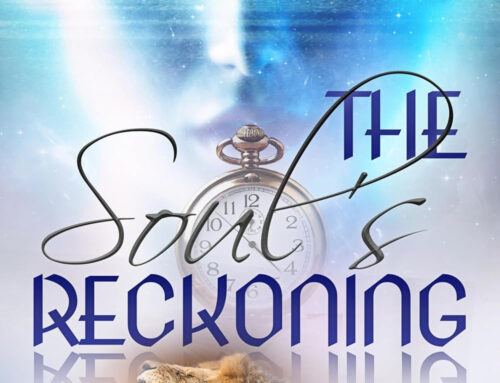
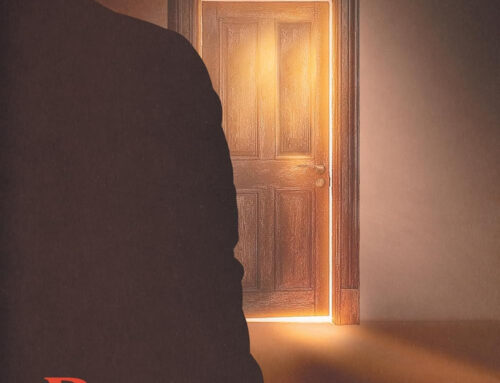

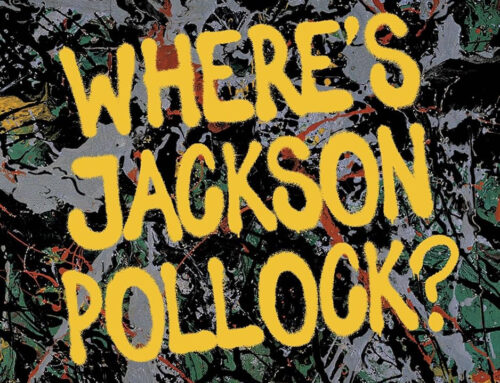

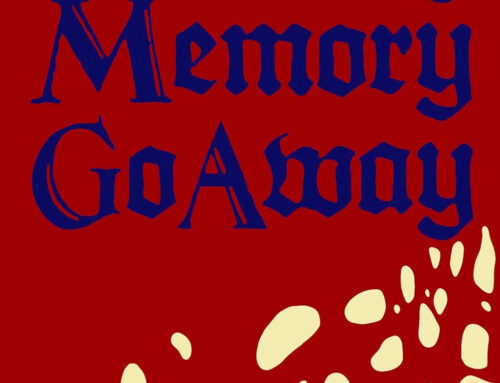


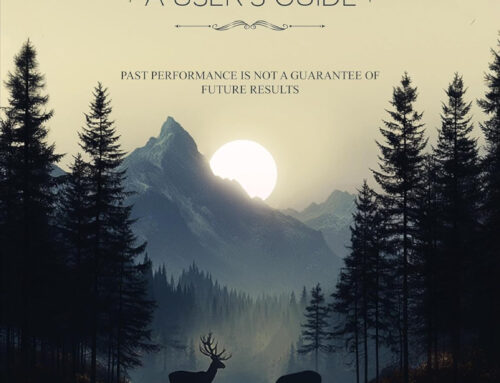





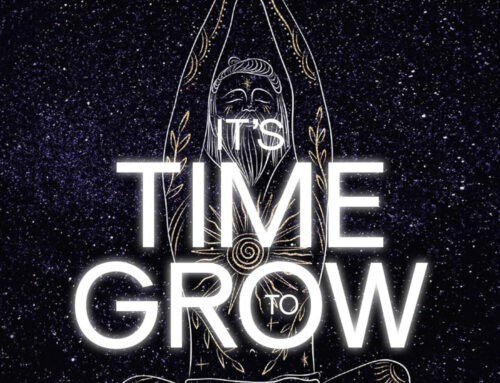
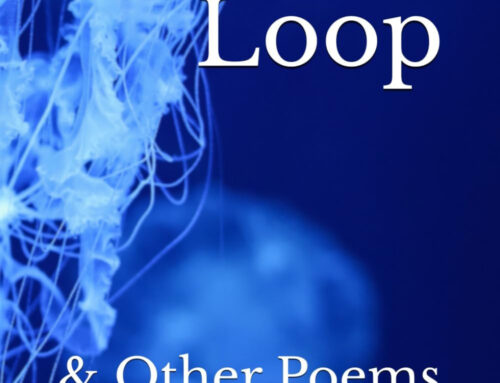


Leave A Comment